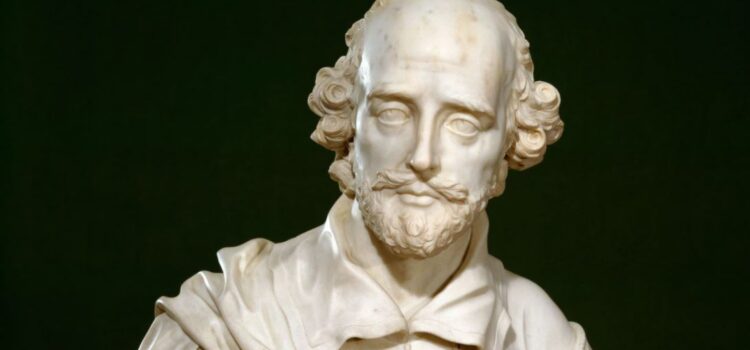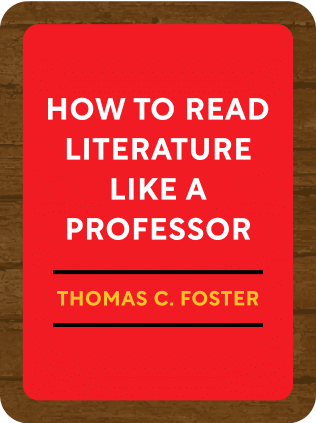

This article is an excerpt from the Shortform book guide to "How to Read Literature Like a Professor" by Thomas C. Foster. Shortform has the world's best summaries and analyses of books you should be reading.
Like this article? Sign up for a free trial here .
Why is literature so influenced by the works of Shakespeare? What does an author have to gain by referencing Shakespeare in his work?
In the literary world, Shakespeare is considered a sacred text. Authors know that Shakespeare is the most well-known writer in history, so they rely on a reader’s awareness of Shakespeare to deepen the meaning of their own work.
Keep reading for more information about the influence of Shakespeare on literature.
Shakespeare Is a Sacred Text
In order to truly read literature like a professor, you need to be on the lookout for references to “sacred texts,” like Shakespeare, the Bible, classic fairy tales, and ancient myths. This article will focus on works influenced by Shakespeare.
Using recognizable themes or plots from these sacred texts gives the author the chance to use the reader’s associations to say more in their own work with fewer words. And for the reader, recognition of these references enhances the experience of current literature, because the modern stories share in the power of the sacred text.
Shakespeare in Literature
Authors in every time period have reinvented Shakespeare in their own works. You see Shakespeare’s plot devices, themes, and language adapted in plays, movies, and literature from every age.
For example, Jane Smiley’s novel A Thousand Acres is a rethinking of King Lear. Although the time and place are much different, the themes of greed, love, and misunderstanding are still the same.
There are some surface reasons that authors choose to use Shakespeare for inspiration:
- His plays are great—from the characters to the plots.
- The language is astounding—from the grandiose speeches to the witty dialogue.
- His work has taken on the quality of a sacred text—it has authority.
- Using Shakespeare references proves that the author has read Shakespeare, and catching the references makes readers feel accomplished.
Exploring Timeless Questions
The use of Shakespeare goes beyond the surface in some ways as well, making his intertextual references deeper than many others. Shakespeare’s work provides a source against which writers can challenge ideas and struggle through timeless questions. The new literature has a chance to have a say in the dialogue opened up in Shakespeare’s classics.
- Example: Athol Fugard’s play “Master Harold” … and the Boys uses Shakespeare’s Henry IV, Part II as a device. In Shakespeare’s classic, Prince Hal must grow up and become King Henry. To do this, he has to turn his back on an old friend. Fugard’s plot is similar. In an effort to assume responsibility, Master Harold must turn away his black friends. Fugard invites his audience to question whether choosing to regress toward racism is really the mark of growing up. He challenges Shakespeare’s values, and gives the audience the chance to do the same.
Authors know that Shakespeare is the most well-known writer in history, so they rely on a reader’s awareness of Shakespeare to deepen the meaning of their own work. This allows reading to be a creative activity—not only for the writer, but for the reader, too.

———End of Preview———
Like what you just read? Read the rest of the world's best book summary and analysis of Thomas C. Foster's "How to Read Literature Like a Professor" at Shortform .
Here's what you'll find in our full How to Read Literature Like a Professor summary :
- How to get more out of the novels that you read
- Why you should focus on memory, symbols, and patterns to understand literature better
- Why sex scenes aren't always about sex






